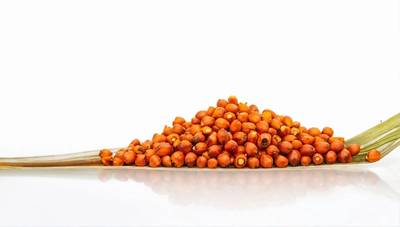Palm oil prices rise on stronger edible oils and are set to gain weekly
Malaysian palm futures rose on Friday as the market regained confidence after a three-week loss streak.
At midday, the benchmark palm oil contract on Bursa Derivatives Exchange for July delivery gained 80 ringgit or 1.98% to 4,116 Ringgit ($940.80), a metric tonne.
This week, the contract has increased by 3.55%.
A Kuala Lumpur based trader reported that the price of crude palm oil futures was boosted by overnight gains in rival oilseeds. This included Chicago soyoil due to optimism regarding export demand for United States soyoil.
Dalian's palm oil contract grew by 2.24%, while the most active soyoil contract increased by 1.84%. Chicago Board of Trade soyoil prices rose 1.32%.
As palm oil competes to gain a share in the global vegetable oil market, it tracks the price fluctuations of competing edible oils.
Oil prices were slightly higher, but on course for a loss of a week as a potential OPEC+ production increase and a ceasefire in Russia-Ukraine could raise supply while conflicting U.S. Tariff signals limited the demand outlook.
Palm oil is a better option as a biodiesel feedstock because crude oil futures are stronger.
The palm ringgit's trade currency, the dollar, fell by 0.11%, making the commodity more affordable for buyers who hold foreign currencies.
The European Commission projects EU palm oil imports to be 2.5 million tons in 2025/26, compared with 3.0 million tonnes last month.
Four dealers reported that India had increased its palm oil purchases following a five-month lull. A correction in the price of palm oil has allowed it to be cheaper than soyoil. This has encouraged refiners place orders to replenish their inventories.
Technical analyst Wang Tao stated that palm oil was poised to break through resistance at 4,072 Ringgit per metric tonne and move into a range of 4,119 to 4,176 Ringgit.
(source: Reuters)











